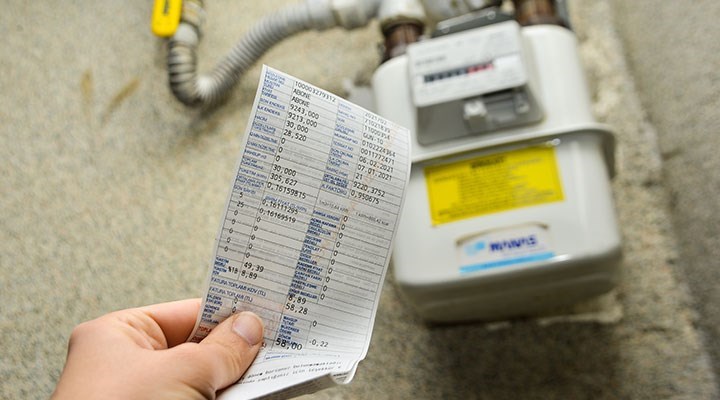What Does the Graded Natural Gas Sales Tariff Change?

With Article 10 of the Law Number 7351, published in the Official Gazette dated January 22, 2022 and numbered 31727, the clause “Provided that the opinion of the Ministry is taken, BOTAS may apply a gradual natural gas sales price on a provincial or regional basis, taking into account regional and climatic conditions” has been added to Article 11 of the Natural Gas Market Law.
In accordance with the aforementioned provision, a study will be carried out by BOTAŞ in terms of costs and a level will be determined by taking into account the climatic conditions and consumption amounts on a provincial or regional basis. Those who consume above this level will bear the additional load they have brought to the system. In other words, the gas price to be paid by users below this level and the gas price to be paid by users who will have consumption above this level will differ. Details of the work to be carried out by BOTAŞ and the tariff that will emerge as a result of the said study have not been shared with the public yet.
Since the commodity price of natural gas is not among the prices regulated by EMRA, the approval of EMRA is not sought for the graded natural gas commodity price tariff.
Since the commodity price of natural gas has a “pass-through” characteristic, that is, distribution companies directly reflect the commodity price of natural gas to their users and do not earn any income from it, the said regulation will not directly affect the revenues of natural gas distribution companies.
However, if the price between the levels is too high and therefore changes occur in the consumption habits of the consumers, it is considered that there may be positive or negative changes in the revenues of the distribution companies depending on the extent to which they will be subject to the graded gas commodity price tariff, and as a result of these changes, tariff change requests by the distribution companies can be submitted to EMRA.
At this stage, it does not seem possible to predict how the graded gas commodity tariff will affect the consumers (particularly subscribers) living in the regions those fed in the form of CNG due to the lack of distribution network. It is obvious that CNG companies will remain above the level due to their high consumption. Therefore, there is a possibility of buying gas from BOTAŞ at a higher price than the current price. In this case, due to the increase in CNG commodity costs and the “pass-through” characteristics of the gas commodity price in the bill, there is also the possibility that the said price will be reflected to the consumers fed with CNG even if they are consuming below the level.
